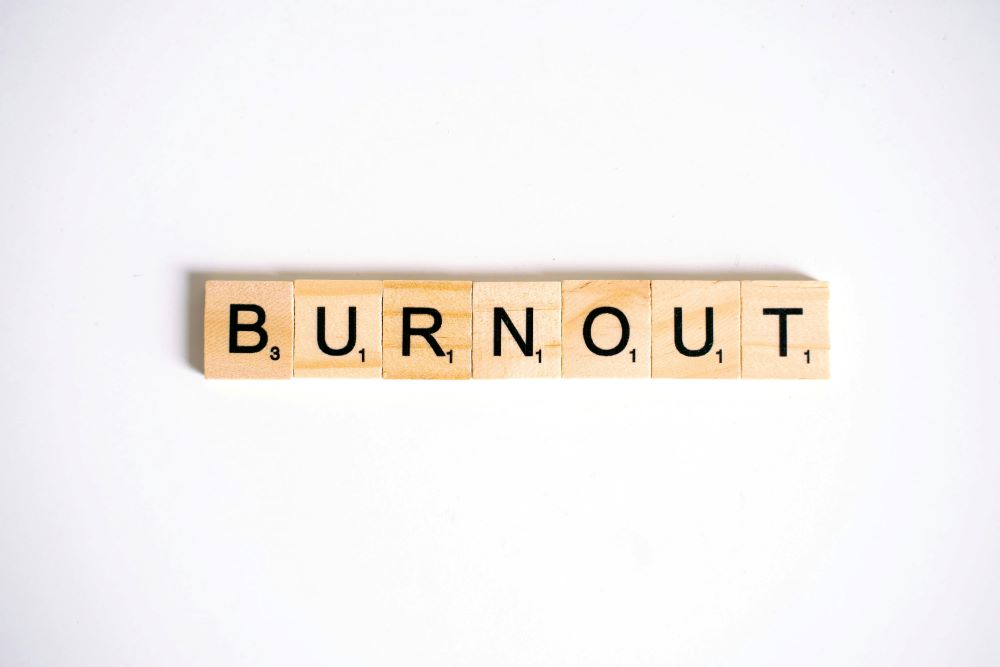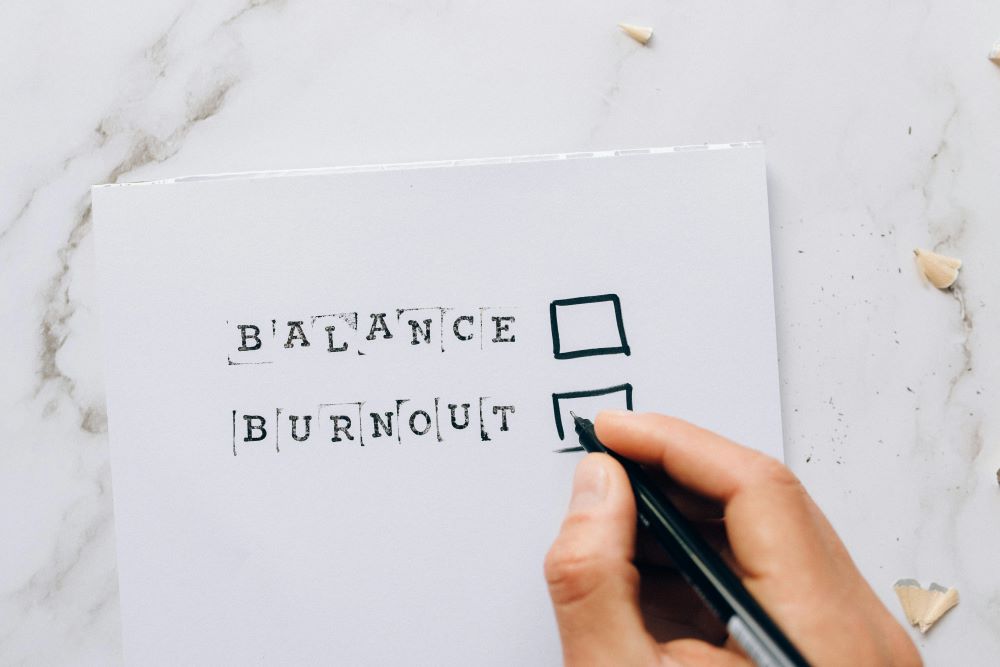Support for medication errors can go a long way in preventing healthcare worker burnout.
A recent study from the University of Eastern Finland reveals that psychological distress is the most common negative effect experienced by healthcare workers following medication errors. The research, published in the Journal of Advanced Nursing, also highlights that healthcare professionals facing inadequate organizational support after medical errors are made are more likely to consider leaving their jobs and taking sick leave.
The “second victim” phenomenon, a term introduced by Dr. Albert Wu of Johns Hopkins University, describes the emotional toll experienced by healthcare providers involved in severe patient safety incidents, including when medication errors are made. These second victims often suffer from stress, guilt, and anxiety, which can lead to burnout and overall job dissatisfaction.
The study surveyed 149 healthcare professionals, primarily nurses, at two university hospitals in Finland between September 2022 and May 2023. Results showed that more than a third of respondents felt the organizational support they received following a medication error was inadequate at best. This perceived lack of support was closely linked to an increase in both job absenteeism and intentions to leave the profession altogether.

First author Sanu Mahat emphasized the urgency for healthcare institutions to recognize and address the second victim phenomenon. She stated that “creating structured support systems for healthcare providers involved in patient safety incidents is vital for both staff retention and overall patient care.: Mahat added, “In healthcare environments that foster a just culture – where errors are met with constructive responses rather than blame – providers are more likely to develop resilience and coping skills, which can enhance their professional growth.”
When workplaces fail to offer their staff adequate support, they risk heightening emotional distress caused by patient safety incidents, leading to higher turnover rates and increased absenteeism. They also risk more errors being made as a result or their patients not receiving the treatment they need. On the other hand, having a supportive and non-punitive environment can help healthcare professionals manage the emotional impact of their work, benefiting both patients and healthcare workers in the long run.
The study also highlights the need for further research on the second victim phenomenon across different healthcare settings and professions. While this particular research focused on nurses and medical doctors in Finland, the same results are likely to be replicated across various healthcare systems worldwide.
Healthcare worker burnout rates have reached alarming levels, in general, with many professionals experiencing overwhelming stress and exhaustion due to demanding workloads, emotional strain, and long hours. A 2021 study by the American Medical Association (AMA) reported that over 50% of physicians in the U.S. were experiencing burnout, a significant increase from previous years. Nurses and other frontline healthcare workers face similar struggles, with a survey by the International Council of Nurses finding that nearly 40% of nurses have reported feeling emotionally exhausted. The pandemic only added to these challenges.
Understanding the factors that contribute to second victim distress, and how organizational support can mediate these outcomes, is crucial for developing interventions that protect the mental health of all healthcare workers, regardless of job title, as well as the patients they serve.
Sources:
Psychological distress common among healthcare workers after medication errors, study finds
Burnout in Healthcare Workers: Prevalence, Impact and Preventative Strategies


Join the conversation!